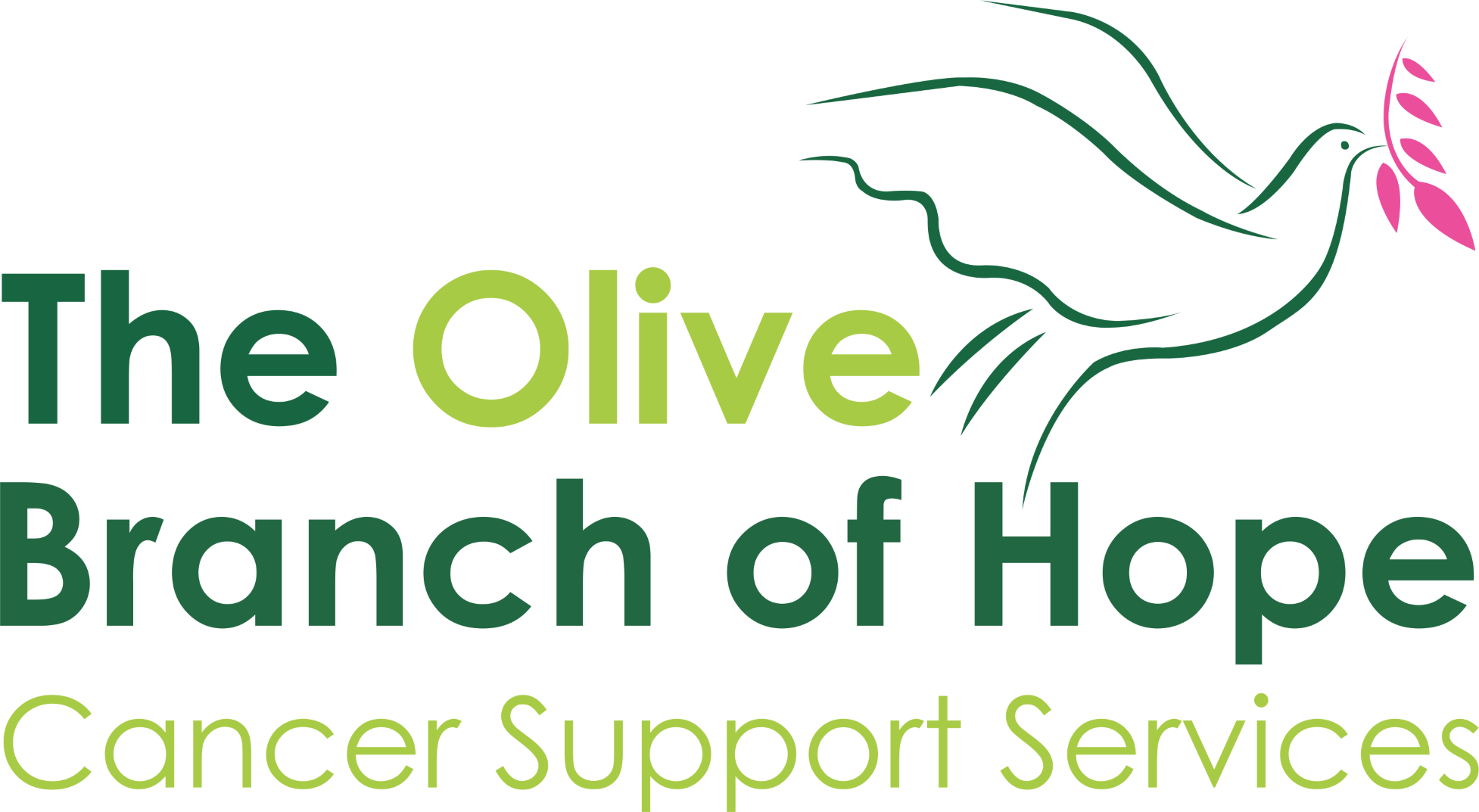Triple-negative breast cancer (TNBC) is an aggressive form of breast cancer that tends to spread at a faster rate given its difference from other types of cancer.
When a patient is first diagnosed with breast cancer, oncologists test for three specific gene-receptors; estrogen, progesterone, and the human epidermal growth factor receptor 2 (HER2) which is a gene instrumental in the development of breast cancer.i
These three tests are conducted to determine a patient’s prognosis as well as the best course of treatment. The CDC provides a comprehensive way of understanding the importance of these tests:
“Think of a cancer cell as a house. To get inside to destroy the cancer, we must bypass three locks on the front door: estrogen, progesterone, and HER2. If your cancer tests positive for these three locks, which are known as receptors, then doctors have a few keys they can use to get inside the cell to destroy it. If you have triple-negative breast cancer, those locks aren’t there.”ii
This model indicates what actions doctors will take after reviewing the results of these tests. With the presence of any one of these receptors in the cancer cell makeup, there are more possible courses of action to take. Treatment options such as hormone therapy and medication regimens can be used to target the receptors and minimize growth.
However, with TNBC the timeline to explore treatment is reduced since the hormone receptors are not found in cancer cells. TNBC appears to have a moving target making it harder to treat and faster to spread. Surgery, radiation, or chemotherapy are possible courses of action to take after receptor tests are found to be negative, but because of TNBC’s aggressive nature, timing is everything.
Lifestyle magazine Essence written for African American women, published an article telling the story of Eva Joseph who learned she had TNBC in 2002 after a routine mammogram. Unknowingly, Eva Joseph was living with stage-3 breast cancer. Joseph also did not know that as a Black woman, she was twice as likely to be diagnosed with TNBC.iii
Similarly, Kim Bardes spoke to reporter Katie Couric about her TNBC diagnosis in an online interview in September 2020. Bardes was concerned over the fact that despite her vigilance, she felt that she could have increased the frequency of her exams had she known that as an African American woman, her risk of a TNBC diagnosis was higher than that of women from other ethnic groups.iv
The effort to provide accessible information regarding the TNBC statistics for women of African descent, is a cause Bardes and Joseph share. The two women express knowing the importance of breast health given their ages but were unaware of the impact early-detection would have on them given their race.
Their stories further highlight the need for medical professionals to emphasize race with respect to breast cancer in order to address the prevalence of late-stage diagnoses among Black women.
Dr. Lisa Newman is the chief of the Section of Breast Surgery at New York-Presbyterian/Weill Cornell Medical Center and Weill Cornell Medicine, and she participated in Healthline’s Q & A titled, “What Black Women Need to Know about Breast Cancer Now.” While researchers are still trying to determine why women of African descent are more likely to develop TNBC, Dr. Newman’s insight can motivate self-advocate.
Compared to women of Caucasian descent, Black women are approximately 40% more likely to die of breast cancer, where TNBC is the type of breast cancer twice as common among Black women than in women of other races.v
Women with no family history of breast cancer are usually advised to have a breast exam after the age of 40. However, Dr. Newman wants Black women to acknowledge the fact that general medical advice does not account for the diverse population in which breast cancer affects. She says:
“ The risk for developing breast cancer increases in all women as we get older, but Black women are more likely to be diagnosed with breast cancer at younger ages compared to White women […] About 30% of all newly diagnosed Black breast cancer patients are younger than 50 years old, compared to only 20% of White patients.”vi
Unfortunately, late-stage diagnoses of breast cancer are frequent among patients of African descent, and this is due in part to the information provided to the general public. Dr. Newman encourages Black women to consider the distinction between general medical advice and race-based statistics.
Although TNBC is more difficult to detect in a mammogram, Dr. Newman recommends mammography screening earlier than the age of 40 for Black women with no family history of breast cancer. A patient with a history of breast cancer in the family is advised by Dr. Newman to have a mammogram “5-10 years younger than the youngest age of breast cancer diagnosis in the family.”vii
Eva Joseph and her daughter Andrea tell Essence magazine about their anger. Like many black women, they did not know about their risk of developing the most aggressive type of breast cancer. Kim Bardes spoke with Katie Couric to express the same concern with the hope to bring awareness to women in the Black community.
Recognizing the statistics and acting in a timely fashion begins with access to the information. Valuing the presence of this data can embolden women of African descent to ask the right questions and gain knowledge as a result.
References
- Ratini, M. (2020, January 28). Triple-negative breast cancer: Symptoms, causes, treatment, and recurrence. Retrieved February 27, 2021, from https://www.webmd.com/breast-cancer/triple-negative-breast-cancer#2-7
- Triple-negative breast cancer. (2020, September 14). Retrieved February 27, 2021, from https://www.cdc.gov/cancer/breast/triple-negative.htm
- Cody, N. (2020, April 22). How Eva Joseph’s triple negative breast CANCER empowered her to raise awareness. Retrieved February 27, 2021, from
- Ali, R. (2021, February 03). Race based disparities in cancer and Covid-19 for African Americans. Retrieved February 27, 2021, from https://empoweredhealthcw.com/wellness-news/race-based-disparities-in-both-cancer-and-covid-19
- What Black Women Need to Know About Breast Cancer Now. (2018, October 28). Retrieved February 25, 2021, from https://www.healthline.com/health/breast-cancer/black-women-and-breast-cancerIbid.
- What Black Women Need to Know About Breast Cancer Now. (2018, October 28). Retrieved February 25, 2021, from https://www.healthline.com/health/breast-cancer/black-women-and-breast-cancer


